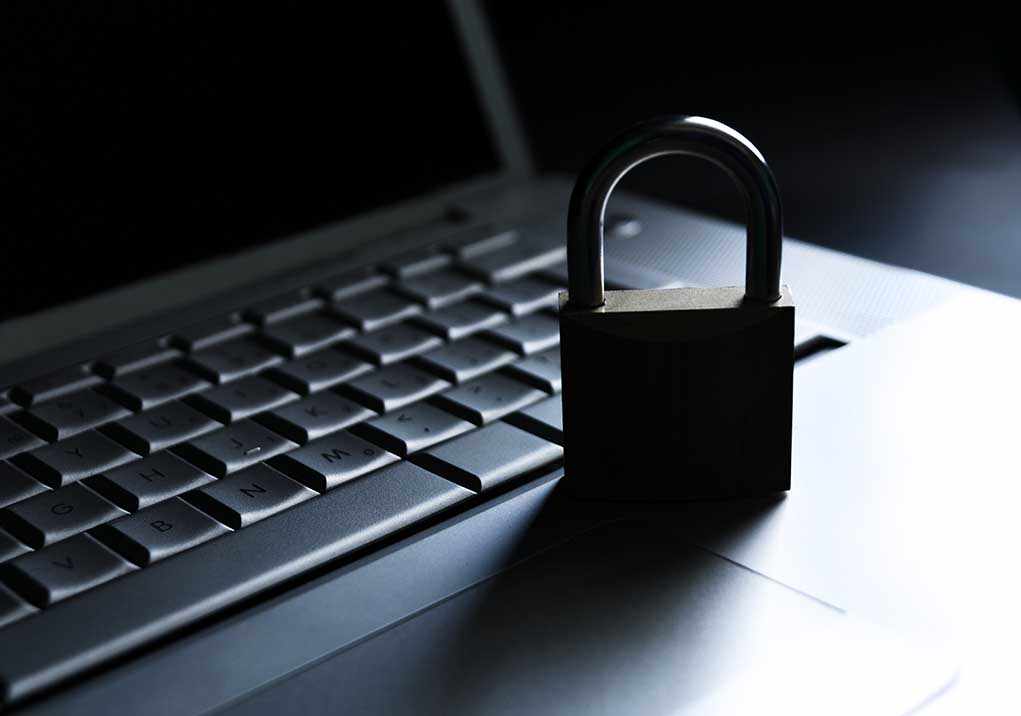
A massive cyberattack has exposed the personal data of nearly one million Americans relying on DaVita for life-sustaining kidney dialysis, underscoring how vulnerable critical healthcare services remain in an era of rising digital threats.
Story Snapshot
- DaVita, a leading dialysis provider, suffered the second-largest U.S. healthcare ransomware breach of 2025.
- The Interlock gang exfiltrated and leaked sensitive data for over 916,000 patients after failed ransom talks.
- Exposed data includes Social Security numbers, medical records, and financial information, risking identity theft and privacy violations.
- DaVita’s operations continued, but regulatory investigations and patient notifications are ongoing.
Critical Infrastructure Targeted: DaVita Ransomware Attack
From March to April 2025, DaVita Inc.—a Fortune 500 company serving hundreds of thousands of kidney dialysis patients—fell victim to a ransomware assault by the Interlock gang. The attack, which began on March 24 and ended April 12, enabled hackers to access and exfiltrate up to 1.5 terabytes of highly sensitive data, including patient records, Social Security numbers, and financial details. The volume and scope make this breach the second-largest of its kind in the U.S. this year, with over 916,000 individuals affected. The attackers leaked data publicly after failed ransom negotiations, exposing Americans to significant risks and highlighting persistent vulnerabilities in our healthcare infrastructure.
DaVita’s response has centered on patient protection, regulatory compliance, and operational continuity. By August, DaVita had notified the affected individuals and authorities, offering free identity protection and restoration services through Experian. The company filed detailed disclosures with the SEC and initiated a thorough review of the leaked data. Despite the scale of the breach, DaVita’s clinics continued operating without reported service interruptions. However, the attack also revealed ongoing uncertainties: the company has not disclosed the ransom demand or the technical details of how Interlock penetrated its systems, leaving crucial questions about internal security unanswered as investigations continue.
Healthcare Sector Under Siege: Growing Ransomware Threat
The DaVita incident is part of a disturbing trend: in 2025 alone, 53 confirmed ransomware attacks have compromised over 3.2 million healthcare records nationwide. The Interlock gang, active since October 2024, has orchestrated attacks against at least 23 organizations, including other high-profile breaches at Frederick Health and Texas Digestive Specialists. Healthcare providers are prime targets due to the critical nature of their services and the high value of medical data. Ransomware attacks disrupt care, endanger patient safety, and impose massive financial and reputational costs, threatening the stability of essential American institutions and the privacy of millions.
Previous attacks, such as Frederick Health’s breach in January, set the stage for heightened industry vulnerability. The DaVita breach exemplifies how cybercriminals exploit urgent care environments, where even brief interruptions can jeopardize lives. The scale and frequency of these attacks reinforce the need for robust, proactive cybersecurity measures across healthcare, as experts warn legacy systems and inadequate security protocols leave providers dangerously exposed.
Stakeholders, Fallout, and the Regulatory Response
Key stakeholders in the DaVita breach include the company itself, the Interlock gang, 916,000+ impacted patients, regulatory authorities, and law enforcement. DaVita faces the dual challenge of restoring trust and complying with data protection laws, while the hackers seek financial gain and notoriety. Regulators such as the SEC and state attorneys general have begun investigations and may impose penalties or mandate further remediation. For patients, the exposure of Social Security numbers, medical and financial information fuels fears of identity theft, fraud, and long-term privacy violations. The broader healthcare sector must now contend with rising insurance premiums, increased cybersecurity costs, and the potential for new regulatory scrutiny and policy changes.
Security experts emphasize the lifelong consequences for victims of medical and financial data exposure, including risks of medical identity theft and insurance fraud. The breach has also prompted debates over ransom payments, with some arguing they incentivize further attacks, while others stress the urgent need to restore essential services. Across the board, professional commentators agree: healthcare remains dangerously vulnerable, and without decisive action, Americans’ data and lives will remain at risk.
Nearly a million patients hit by DaVita dialysis ransomware attack https://t.co/3FCyIR9deq
— Jim (@DAYUNITEDSTATES) August 17, 2025
As DaVita’s investigation continues, the incident stands as a stark warning. The operational continuity of dialysis clinics may offer temporary reassurance, but the underlying risks to privacy, security, and patient trust persist. Conservative Americans—often critical of government overreach and fiscal mismanagement—see this breach as evidence of systemic failures that demand stronger protections, accountability, and a renewed focus on safeguarding the principles of individual liberty and personal privacy foundational to the nation’s values.
Sources:
Nearly a million patients hit by DaVita dialysis ransomware attack
DaVita Ransomware Attack Affects More Than 1 Million Patients
Interlock Ransomware Gang Claims DaVita Cyberattack, Leaks 1.5TB of Stolen Data
Dialysis firm DaVita notifies 915k people of data breach that compromised SSNs and medical info











